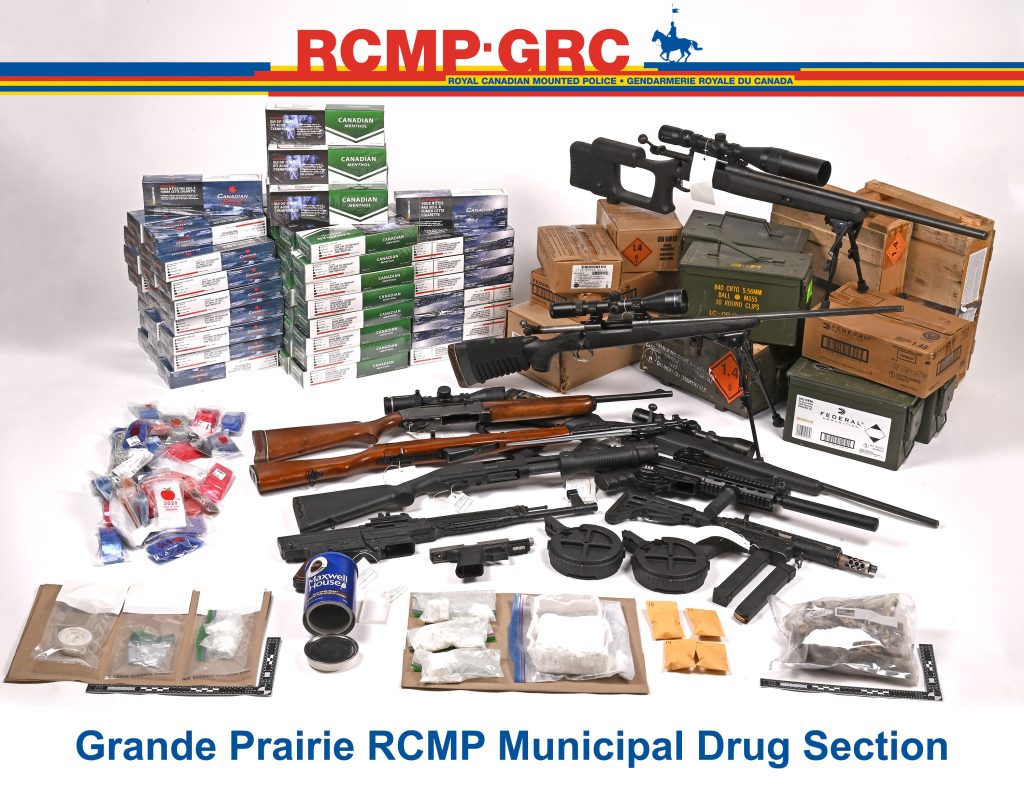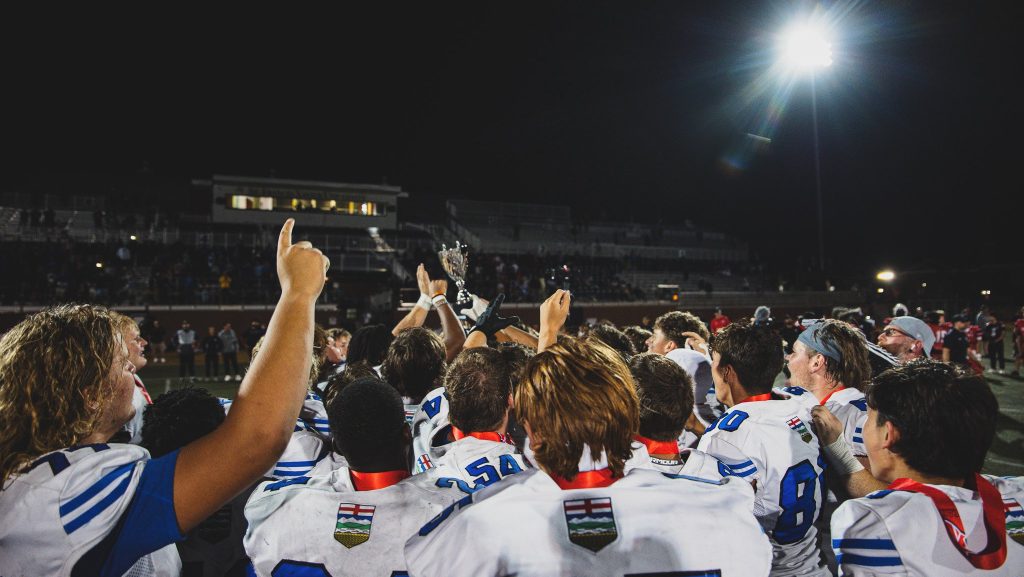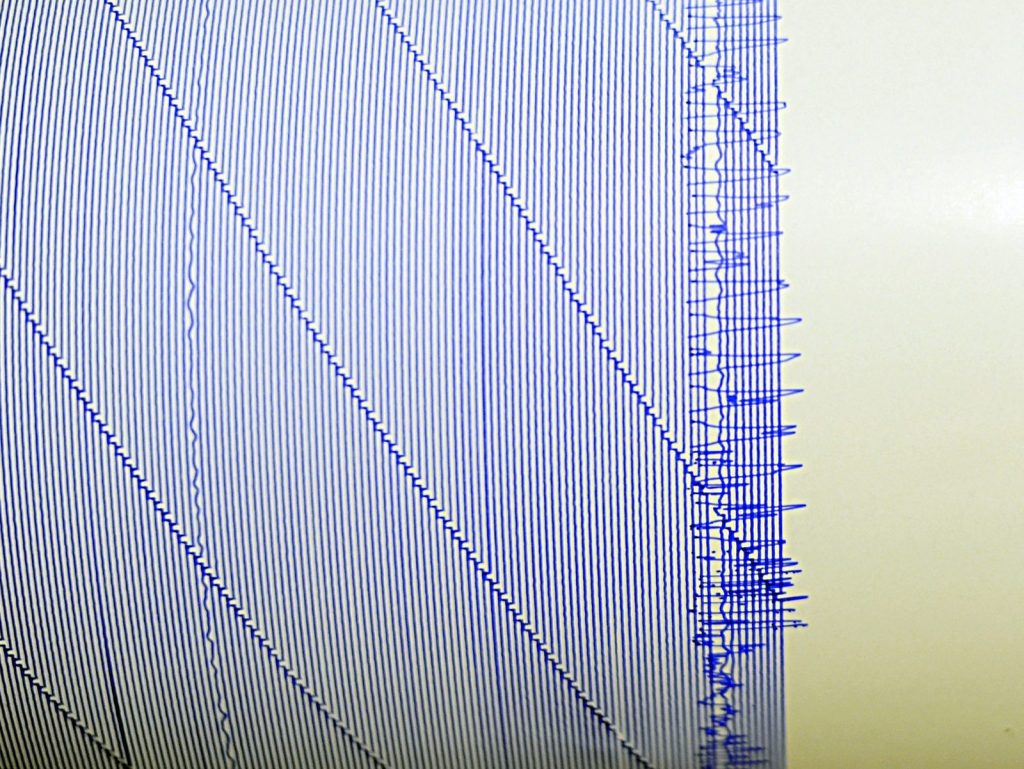Indigenous group walks 15 hours from Morley to Calgary ‘to bring the spirits home’

Posted August 11, 2022 10:08 am.
Dozens of people are marching from Morley to Calgary this week in a sacred walk which represents healing for those who’ve died from substance use.
The walk, called Ama’hnabino, is organized in part by Sober Crew Calgary, a group that does outreach on the streets to help people achieve sobriety.
“We’re losing way too many, way too fast,” organizer Summer Twoyoungmens said. “It’s a little too much. We’re all ex-addicts and we could have lost ourselves, but we’re here today and we’re here to make a difference.”
Twoyoungmens adds the purpose of walk is “to bring the spirits home.”
“A lot of our families out in the reserve didn’t get that closure, you know, they lost their family members in the city. Some were found behind dumpsters, some were found on the streets, some were killed out here. So (it’s) to start that healing and give families closure.”
Auggie Hunter, another organizer, says the walk is one step towards healing for the community.
“We can heal, bring culture back, and find ourselves again,” Hunter said.
Drumming took place Wednesday in Calgary to kick off the walk before the group headed to Morley that night. In total, they’ll walk for about 15 hours.
On Thursday, the night of the full moon, Ama’hnabino will begin.
Once the group reaches Calgary on Friday, a final ceremony will take place at Olympic Plaza.
“The old ones say on the full moon, the past relatives we lost, they come down to visit,” Robbie Daniels, organizer and Sober Crew Calgary member, said of the cultural significance of the walk.
Alberta is experiencing an drug crisis, with deaths rampant. More deaths were recorded in the province than ever before in 2021. Historically, they were disproportionately among Indigenous people.
Twoyoungmens says the problem needs to be addressed.
“Addiction … I always see it as something that’s wiping out our people. And that’s the harsh truth, but it’s the truth. Especially on the Morley reserve, it feels like we’re burying people every other week.”
Robert Tattie, who is also helping organizer Ama’hnabino and is a member of Sober Crew Calgary, attributes his sobriety to reconnecting with his culture.
“I grew up so lost that I didn’t know myself, not knowing that I had an indigenous side that I should have embraced,” Tattie said. “But I was more ashamed of myself because I was raised in the system: Foster homes, group homes, and corrections. We try to go attend ceremonies as much as we can: Sweats, pipe ceremonies, and drumming. We just drum anywhere we go. Because that’s healing for me, personally.”








